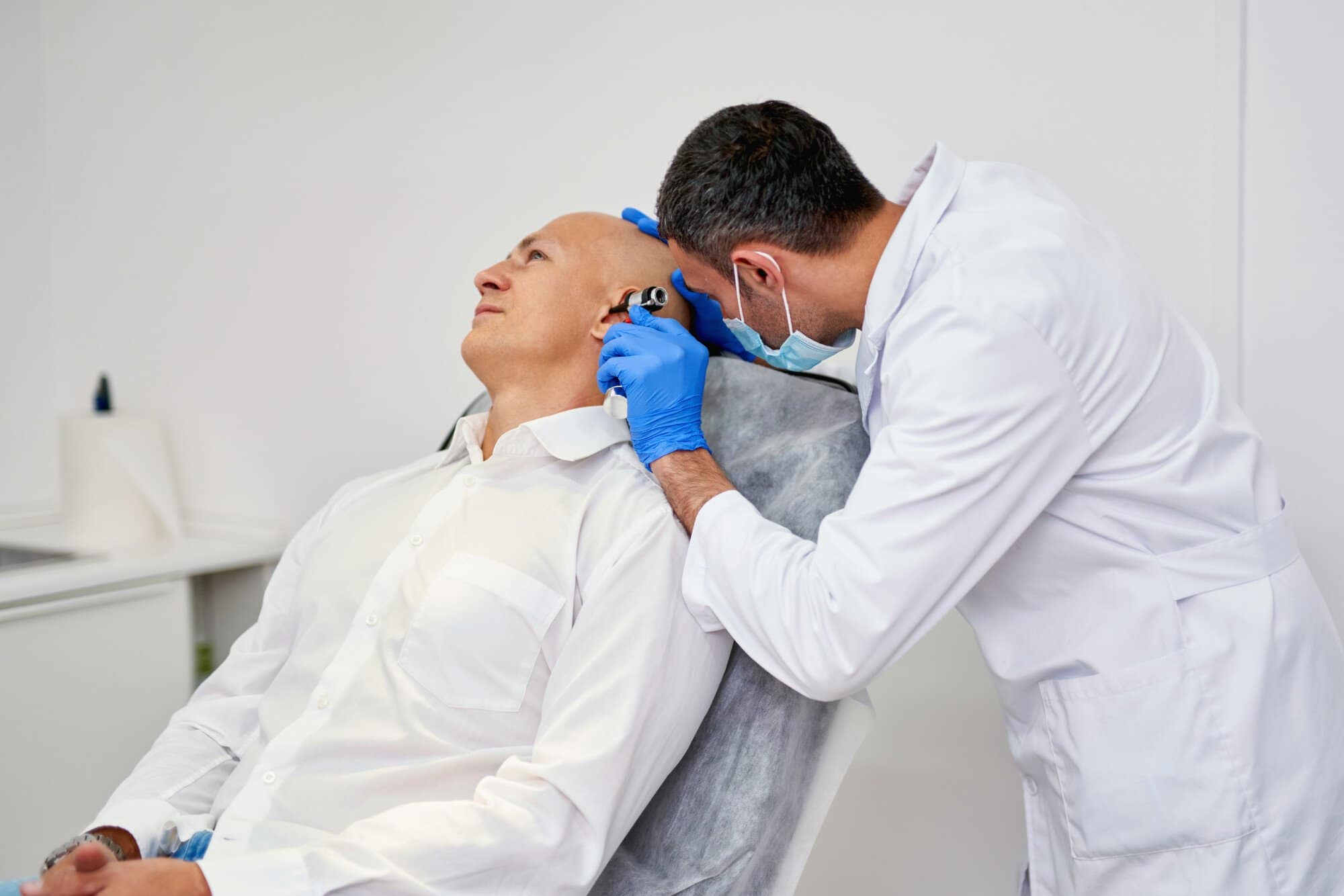Do you often ask others to speak louder? Do the words in conversations often sound unclear? Hearing loss is common as we age, but that doesn’t mean you have to miss out.
Knowing the type of hearing loss you have can help you find the best way to hear better again. Read this guide and take your first step toward a clearer, more connected life. Explore the key insights ahead.
Why Hearing Changes With Age
As individuals age, it’s common for changes in hearing to occur. The delicate structures within the ears may experience a decline in functionality, resulting in sounds being perceived as softer or less distinct. This reduction in auditory clarity can pose challenges, particularly in environments with background noise, making it difficult to follow conversations.
Hearing loss typically develops gradually over time, and many older adults may not immediately recognize the decline in their hearing abilities. However, noticeable difficulties, such as straining to hear the television or struggling during phone conversations, can signal a need to explore hearing health options and seek further information about potential solutions.
Sensorineural Hearing Loss
This is the most common type of hearing loss in older adults. It happens when tiny hair-like cells in the inner ear are damaged. These cells help send sounds to your brain. When they stop working well, hearing becomes harder.
This kind of hearing loss cannot be fixed with medicine. But hearing aids or special devices can help. They make sounds louder and clearer so you can hear better in daily life.
Conductive Hearing Loss
Conductive hearing loss occurs when sound waves struggle to pass through the ear. This may be due to various factors such as the presence of earwax, fluid buildup, or issues with the eardrum. Individuals experiencing this condition often report a sensation of fullness or blockage in their ears.
Fortunately, this type of hearing loss is often treatable. Medical interventions may include medications or minor surgical procedures. With appropriate treatment, there is potential for significant improvement or a complete return to normal hearing levels.
Mixed Hearing Loss
Sometimes a person has both sensorineural and conductive hearing loss. This is called mixed hearing loss. A doctor can help find out which type you have and what care is best for you.
Some people may need both medical help and hearing aids. What matters most is getting tested early and taking steps to improve your hearing.
It’s important to understand that hearing impairment in seniors is not just about missing sounds. It can affect daily life, relationships, and even mental health. That’s why early care is so helpful.
Hear the World Around You Again
You don’t have to live in silence or struggle with unclear sounds. Learning about hearing loss is the first step to hearing better. Whether the cause is simple or more complex, help is available. Talk to a doctor or hearing expert today.
A small change can bring big results. Stay connected, stay happy, and enjoy every sound life has to offer. Expand your knowledge and check out more posts on our blog!
Read More: The Ultimate Guide to Elder Care Placement: Choosing the Right Facility



